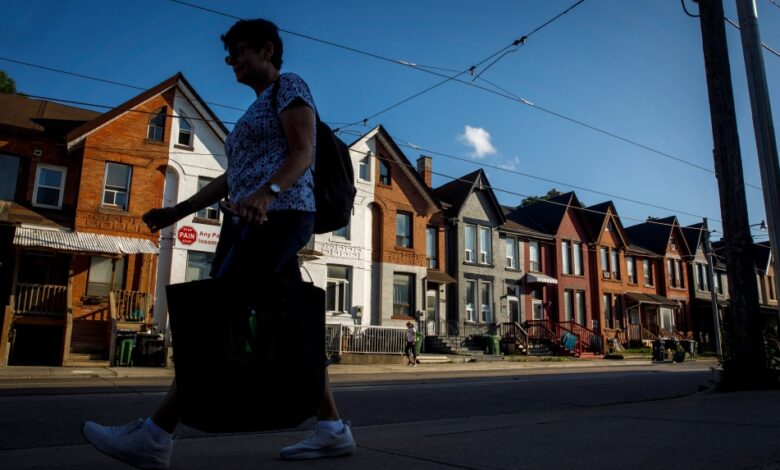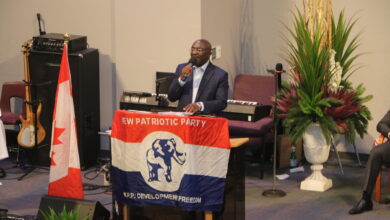Canadian homeowners face large increases to property taxes

As Toronto homeowners brace for one of the largest property tax hikes in recent memory, many other cities are grappling with similar issues. Several major cities have approved or proposed major property tax hikes this year as municipalities struggle with inflation, high interest rates, crumbling infrastructure and soaring demand for services.
In Montreal, property taxes are set to rise nearly 5 per cent this year, the largest hike in 13 years. In Vancouver, property taxes are 7.5 per cent following a 10.7 per cent increase last year. While Halifax is set to see a nearly 10 per cent increase.
“I did not create this financial mess,” Toronto mayor Olivia Chow said, referring to the city’s $1.8 billion budget shortfall. “But it needs to be fixed.”
Toronto’s budget includes a 10.5 per cent increase in property taxes, which Chow warns could jump to 16.5 per cent if the federal government doesn’t chip in $250 million to support the recent influx of refugees. For months, Chow has been calling on Ottawa to kick in more money for refugee claimants, who currently make up nearly half of the city’s shelter residents.
“It really is a challenging time,” says Sasha Tsenkova, a professor of planning at the University of Calgary, who says all municipalities are feeling a pinch, But she adds there seems to be little sympathy for property owners in big cities like Toronto and Vancouver, where home ownership is increasingly unattainable for so many.
“Property taxes are increasing in line with exponential gains in house prices,” she says. “This is a robust accumulation of equity and there comes a time when you have to return something back to the city.”
But at a time of rising mortgage rates, inflation and high living costs, adding another increase is a challenge for many.
“We are already paying, as business owners and home owners, a lot of taxes,” says Helen Reis, who owns a flower shop in Toronto’s West End. “They (taxes) should decrease instead of increase.”
For years, city hall has kept Toronto’s property tax at or near the rate of inflation, despite persistent warnings from staff of a growing budget deficit. If approved, Toronto’s property taxes would still be comparatively lower than many other municipalities.
Still, a nearly 17 per cent increase is a tough pill for many homeowners to swallow. And while Chow maintains it’s a necessary hike to fix problems she didn’t cause, CTV political commentator Scott Reid says she’ll be blamed for this.
“The bottom line is the mayor is saying ‘this is the only option,'” says Reid. “I don’t think voters are going to blame Justin Trudeau, or Doug Ford, or Rob Ford, or John Tory or anybody except the person responsible for hiking their taxes, and that’s Olivia Chow.”
Reid says it would have been wiser politically for Chow to raise taxes slowly and build pressure on Ottawa to step in and help.
“With a pending federal election coming, she had leverage on those MPs in the 416 (area code),” he says. “(But) she made the mistake of thinking she could ask people to pay 16.5 per cent more in tax and blame someone else.”
For years, Toronto politicians have argued there should be dedicated federal funding for Toronto, which is larger than some provinces but doesn’t have the same revenue tools.
If Ottawa is going to pitch in to help this budget cycle, councillor Shelley Carroll said that funding commitment needs to come by Jan. 26 in order to make it into this year’s budget.
“I am optimistic… the federal government will do something,” Chow said.
Source: CTV NEWS






